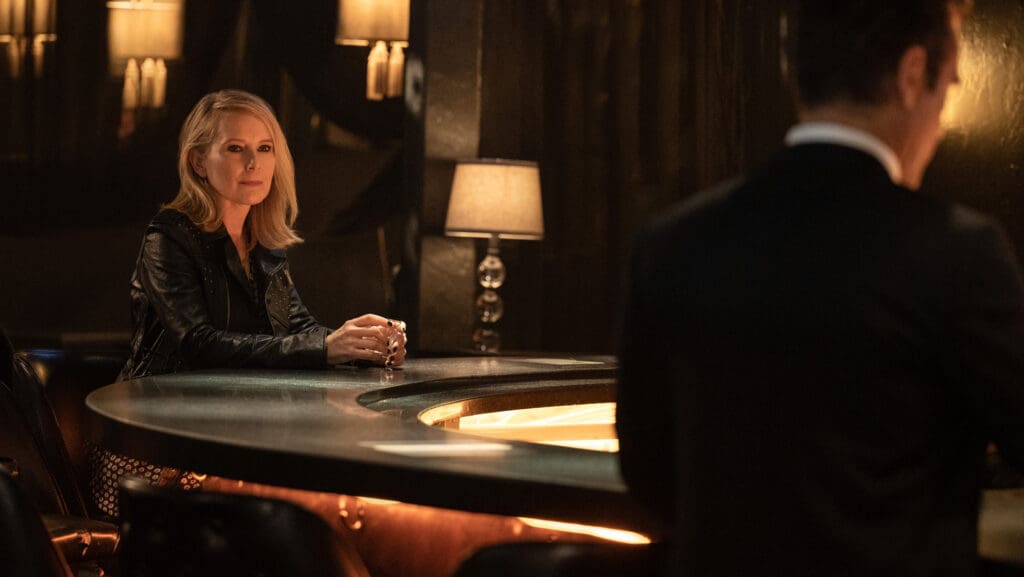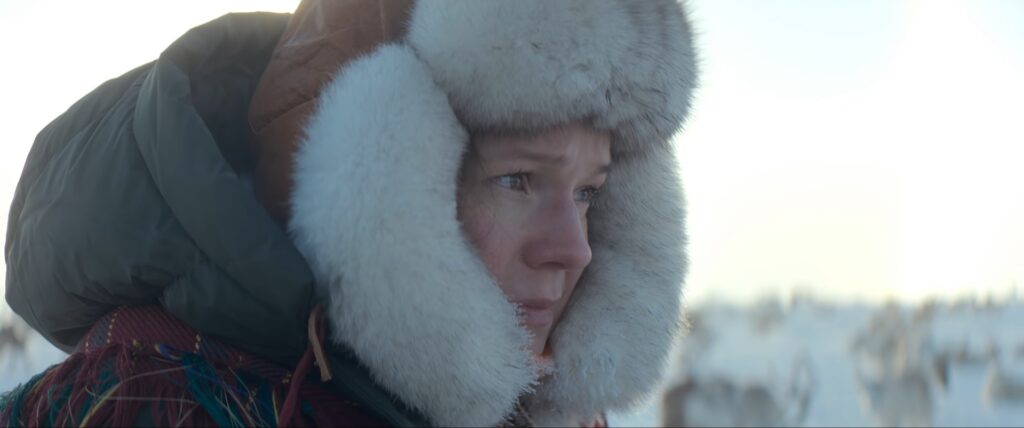Ready Steady Cut - The Latest Streaming, Entertainment, Movies, People and True Crime News
Netflix
Streaming Service
TV
TV Reviews
The Grimm Variations Is More Than An Edgy Reimagining Of Cinderella
April 19, 2024
Jonathon Wilson


Netflix
News
Streaming Service
TV
TV News
Can Kabru Be Trusted in Delicious in Dungeon Episode 17?
April 19, 2024
Nubia Brice



Apple TV+
Streaming Service
TV
Weekly TV
'Sugar' Episode 4 Might Have Revealed Where Olivia Is
April 19, 2024
Jonathon Wilson



Movie Reviews
Movies
Netflix
Streaming Service
'Stolen' Review - Pretty Netflix Film Puts Its Message Ahead Of Its Drama
April 17, 2024
Lori Meek



